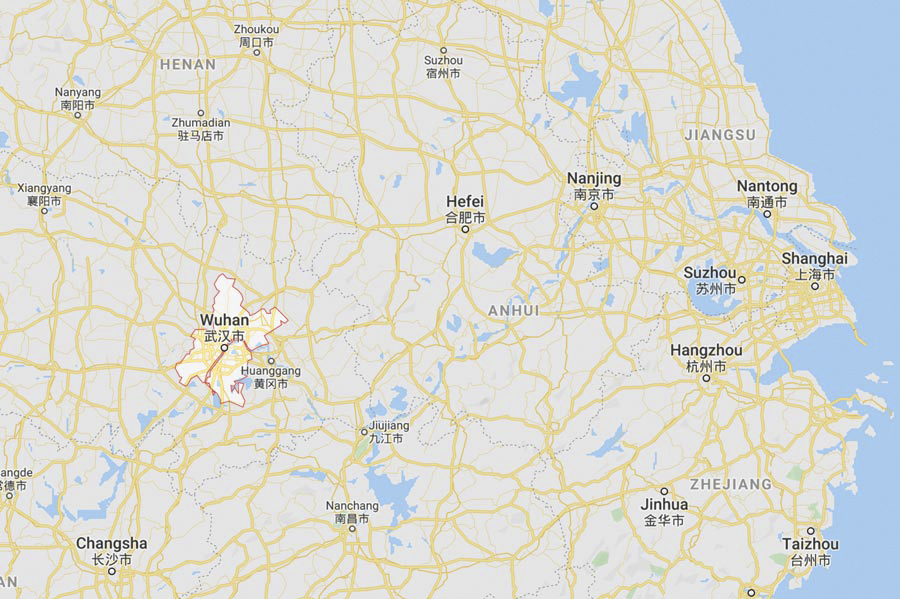GUELPH – Canada’s first two “presumptive positive” cases of the Wuhan coronavirus have been detected in Toronto.
The first case occurred in a man who travelled from Wuhan, China, the epicentre of the new coronovirus, to Toronto on Jan. 22.
On Jan. 23 he was admitted to Sunnybrook Health Sciences Centre in Toronto when his symptoms worsened. He’s now in isolation and is in stable condition.
The second “presumptive” case occurred in that man’s wife, who had been in isolation at home since her husband was admitted to hospital. She was also on the flight from Wuhan.
Locally, health unit officials say they are monitoring the coronavirus.
“Public health is working closely with the Ministry of Health, local hospitals and health care providers to ensure residents are protected, even if the risk is low,” said Dr. Nicola Mercer, medical officer of health and CEO of Wellington-Dufferin-Guelph Public Health (WDGPH).
Coronaviruses cause illnesses ranging from the common cold to more severe diseases. Novel coronavirus is a new strain that has not been previously identified in humans.
On Dec. 31, the World Health Organization was informed of a cluster of pneumonia cases of unknown cause linked to a seafood market in Wuhan, China.
Since then, there have been over 2,700 confirmed coronavirus cases and over 81 deaths in China.
There have also been confirmed cases in several other countries, including Thailand, Hong Kong, Taiwan, Australia, Macau, South Korea, Japan, Vietnam, Malaysia, Singapore, the United States, France, Napal and Canada.
All cases identified outside of Wuhan have some connection to Wuhan.
“Our mandate is to protect the health and safety of our communities and we will continue to be vigilant about this situation while keeping your local health care providers and hospitals informed with the latest information,” stated Mercer.
Anyone who has recently returned from Wuhan City, China and has any of the following symptoms should see a physician immediately:
– respiratory symptoms;
– fever, cough;
– shortness of breath; or
– breathing difficulties.
Public health recommends international travellers take precautions to help stop the spread of infection:
– avoid close contact with people who are sick;
– wash hands frequently;
– avoid close contact with farm or wild animals; and
– cover your mouth and nose with a tissue or cough/sneeze into an upper sleeve.




